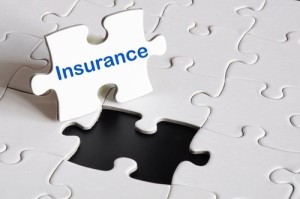You give your opening statement. The defendant gives her opening. Who do you call as your first witness?
Too many plaintiffs’ lawyers – particularly in car accident cases – spend too little time on this question, because scheduling conveniences dictate the order or because they think the most important witness should be the first or last witness.
In his book “Damages 3”, David Ball provides a list of four things you want from your first witness:
- Provide an Overview of the Case: Ball says the first witness should be someone who can tell a significant part of the overall story. Probably the ideal witness is someone who can establish what the defendant did and give some preview of the harm that was caused. In a truck accident case, for example, it would be the witness who saw both the truck accident and the immediate harm that was caused.

- Introduce the Harm: The first witness should be someone who saw the initial harm, assuming it is a case where the initial harm is substantial. Again, a witness on the scene usually meets this criterion.
- No Stake in the Outcome: Clearly, this does not include the spouse or even a close family member of the client. Realistically, you can’t get this in every personal injury case. But the closer you can get to “no dog in the fight” the better.
- Cross-Proof: I think this is the most important of all: a witness that cannot be effectively crossed. I think this is the most important factor on this list. It is also the most difficult.
 Maryland Injury Law Center
Maryland Injury Law Center









